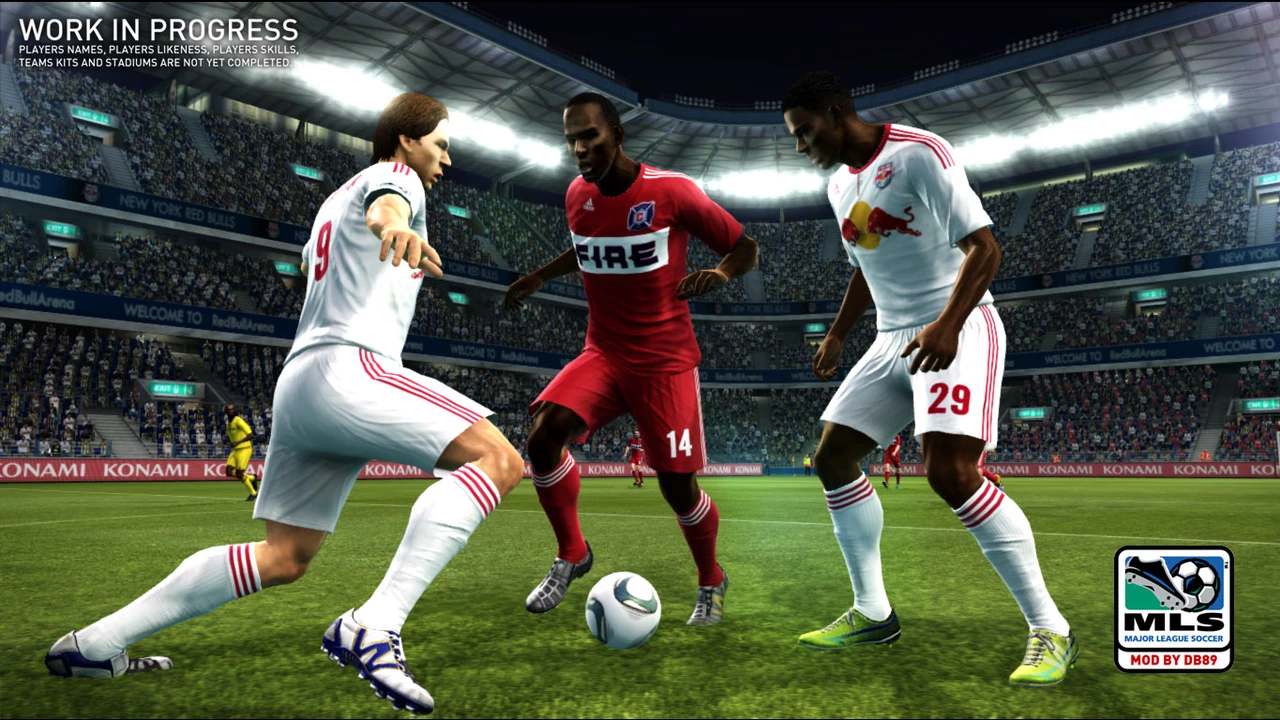Two‑Stage Soccer League – The Basics
Ever wondered why some seasons have a split after halfway through? That’s a two‑stage soccer league. Instead of one long table, the league breaks into two parts, usually called the "first stage" and the "second stage" or "championship/relegation groups." It keeps things fresh, gives more clubs a chance to fight for something, and can make the title race tighter.
How the first stage works
In the opening half, every team plays each other once or twice, just like a regular league. Points are awarded as usual – three for a win, one for a draw. At the end of this phase, the table is used to split the clubs into groups. The exact number varies: some leagues put the top half in a "championship group" and the bottom half in a "relegation group," while others create three tiers for title, mid‑table, and survival battles.
Because the split happens mid‑season, clubs can’t afford a slow start. Even a few bad results might land a team in the wrong group, which could mean missing out on promotion or a shot at the title.
What changes in the second stage
Once the groups are set, teams only play against others in the same group. Some competitions carry over the points from the first stage, others reset them or give a small bonus to rewards for higher positions. The goal is simple: the championship group fights for the title and any European spots, while the relegation group battles to stay up.
This format gives lower‑ranked teams something to play for after the split. Instead of a long, dull run of games with no stakes, they still have a chance to avoid the drop or even climb back if the league allows point carry‑over.
Fans also get more drama. The second stage often feels like a mini‑tournament, with every match having direct consequences for the final standings.
Why clubs like a two‑stage system
First, it reduces the number of meaningless games. When a team is already safe from relegation and out of title contention, they can sit back. With a split, those teams still have something to play for – a higher finish or a better payoff.
Second, it can help smaller clubs financially. More high‑stakes matches draw bigger crowds and better TV deals. A club that makes the championship group can boost its revenue in the crucial second half of the season.
Lastly, the format can keep the league exciting for sponsors and broadcasters. A tighter race means higher viewership, which translates to more money for everyone involved.
Tips for teams entering a two‑stage league
Start strong. The first stage decides where you end up, so a good early run can be the difference between fighting for the title or fighting to survive.
Manage squad depth. Because you’ll face a concentrated set of opponents in the second stage, injuries and fatigue can swing results. Rotate wisely.
Study the group you’ll likely land in. If you’re on the cusp of the relegation group, know the rivals’ strengths and plan tactics that give you the best chance to pick up points.
Keep morale high. The split can be a mental shock, especially if you drop into a lower group. A positive mindset helps players stay focused on the new goal.
What fans can expect
More clutch moments. Every game in the second stage feels like a knockout match because the table is tighter.
New rivalries. Teams that rarely meet in a single‑table league now clash regularly, creating fresh storylines.
Potential for surprise outcomes. With points resetting or halved, a mid‑table team can surge to a top‑four finish if they hit form at the right time.
Overall, a two‑stage soccer league adds spice to a season that might otherwise feel predictable. Whether you’re a player, coach, or supporter, the split gives everyone a fresh chance to make the season count.
Posted by
Caspian O'Reilly
0 Comments

Alright, fellas, let's dive into the thrilling world of two-stage soccer leagues. It's like your regular league, but with an exciting plot twist! So, first things first, all teams compete against each other in a round-robin format - they all get a taste of each other's skills. Then, hold onto your hats, because the second stage is where it gets real! The teams are typically split into two groups, based on their performance. Imagine it as the 'soccer version' of separating the wheat from the chaff! The top teams fight for the title, while the others battle to avoid relegation. It's a rollercoaster of football drama, folks!
read more